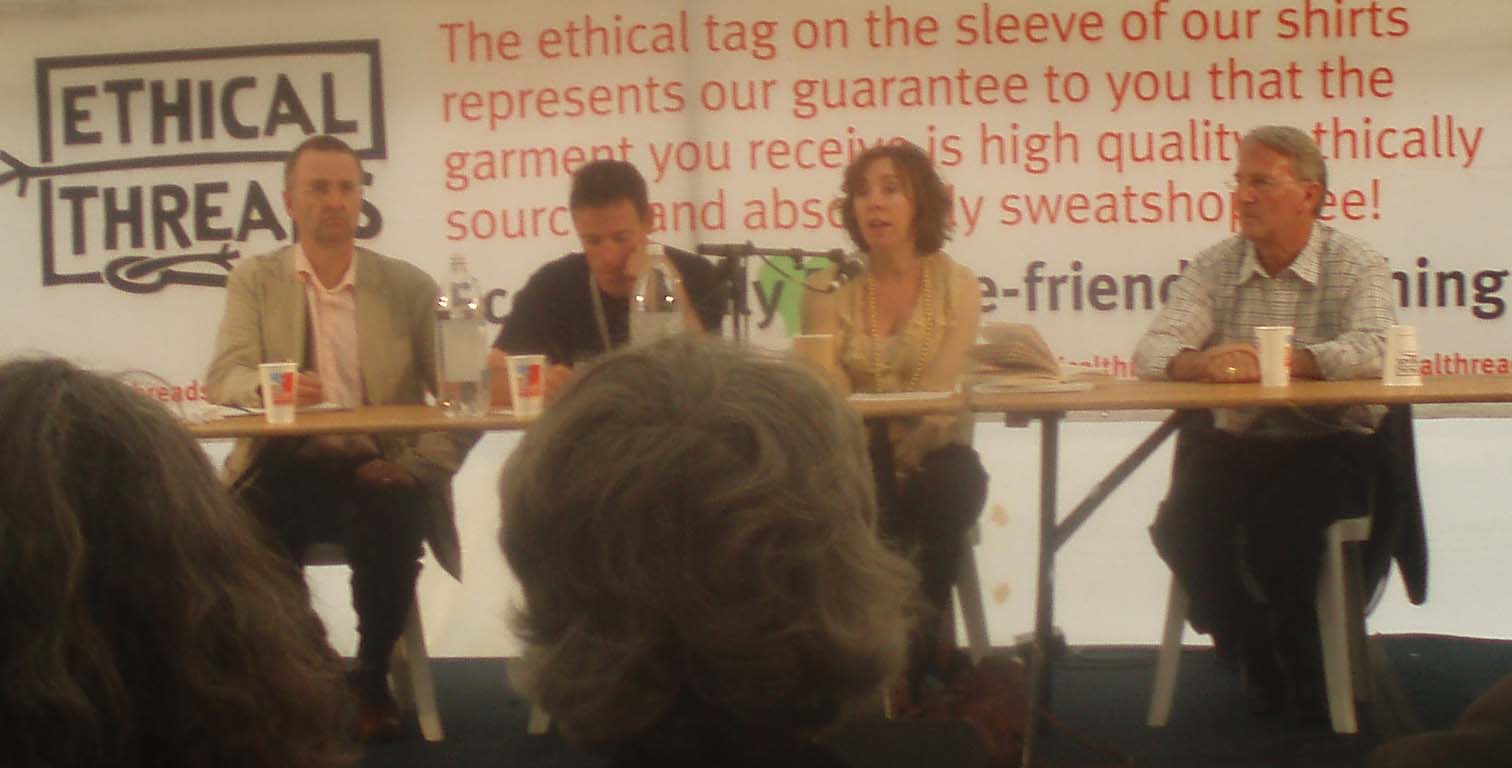|
Stop the Abolition of the Agricultural Wages Board!
|
 |
|
Agricultural Wages Board
DEFRA announce abolition of AWB this month (along with the Royal Commission on Environmental Pollution and the Sustainable Development Commission - 'a reciipe for disaster'). Unite's response to AWB closure. Mirror comment. Scottish Toies want SNP to follow Background The AWB was set up just after the war, as an Act of Parliament, along with many other Wages Boards to help regularise and standardise the relations between employers and employees. The Wages Boards were nearly all done away with by the Thatcher government. Only Agricultural Wages Board remained as it was widely recognised that the power relations between farm workers and farm owners was so unequal, with workers spread hither and thither and often totally dependent on their owners for all manner of things, that onlu legal agreements were satisfactory in the modern age. The AWB was also saved because the employers federation - the National Farmers Union, also wanted it The Wages Board determine annually what is a decent rate of return for work. The two main sides in the industry - NFU for the farmers and the Ruraal Agricultural and Allied Workers (RAAW) sector of Unit the Union for the employees meet annually, along with a group of lawyers. They, and various 'independents' determine the structure and wages.. It is a curious legal process, but one that has worked for over 60 years, enabling many employers and employees to get on with the jobs they can do - work the land. AWO 2009 full pdf Short version pdf Business Link Guide There are two main aspects of any Agriculuiral Wages Order Grade 1 - Initial Grade The determination of a minimum wages for all unskilled workers (level1). At present this is 1p above national minumum wage, although it is going up to 2p following this year’s agreement. It is this which the mainly Horticultural part of, NFU object most to. When we say "horticulutral", don't get the idea that htese are glorified allotment holders. Think fields two miles long with tractors ploughing with GPS sysems and employing loads of termporary workers picking the vegetables on house - sized trucks going over the fields. These are modern day plantation owners.They say it adds to big a burden to an already tight market situation – growing fruit and vegetables have never received direct CAP support. Although quite how paying workers 1 pence or two above the minimum wage is so burdensome, you would need need to ask questions about the role of retailers and supply chains. If our fruit and veg is that vulnerable we should be asking a lot of other questions - ike – why is the last and best vegetable research station in UK closing? (more about Wellesbourne closure)
When we talk of “sustainable”, we mean progress balanced between environmental, economic and social concerns. This government has said it wishes to promote sustainable “(DEFRA use the term 4X in their 'recipe for disater' closure announcement ), yet clearly here they are smashing up the main farm framework for social improvement on the land. Lantra, the land based skils coulcil, recently launched their skills strategy - "to ensure a profitable and sustainable agricultural industry for the future." Fatal Blow A particular example is that promoted by farmworkers union, (RAAW sector of Unite) in an attempt to decrease the number of fatal accidents in farming. You are twice as likely to be killed working on a farm than any in other UK workplace. We in discussion with NFU, HSE, relevant Skills Councils and Awarding Bodies, developed a suite of VQ’s at managerial level, supervisory level and supervised level, to promote good safety practices on farms. These H&S vocational qualifications (learning materials) were linked to the pay grades, so NFU were contributing to the process, making it a unique mechanism for encouraging safer work. Click for more details on how Standard, Lead and Craft workers can benefit from H&S qualifications |

 Caroline Spelman SoS DEFRA
Caroline Spelman SoS DEFRA